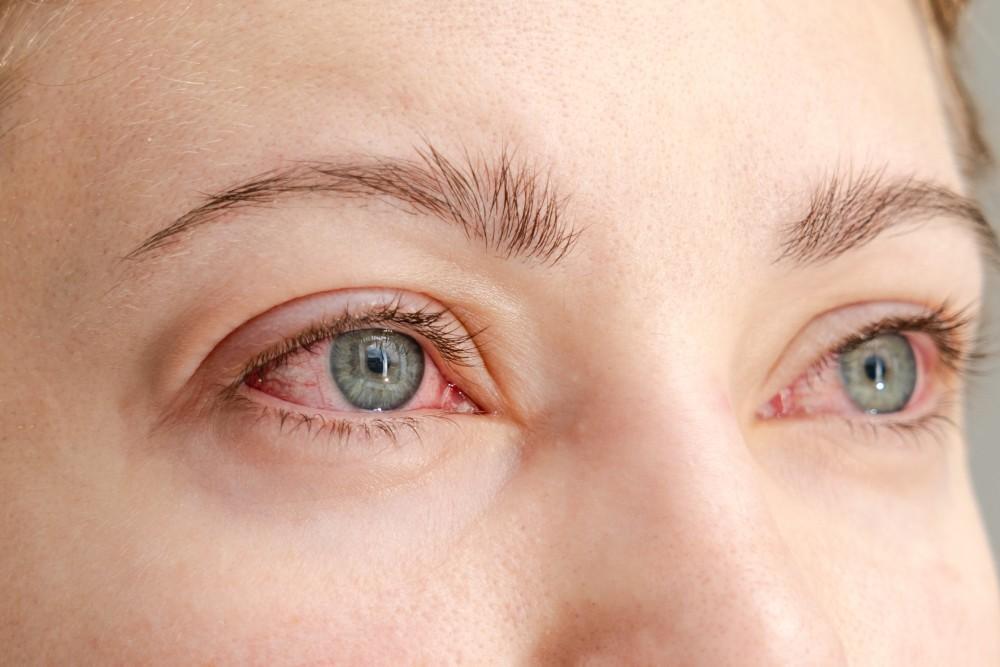
Help! I Have Astigmatism

Astigmatism is a common refractive error, and you might suspect you have it if you have blurry or distorted vision in addition to headaches, eye fatigue, and sore eyes. You may feel particularly frustrated with your vision if you have to squint often, even if you already wear glasses or contacts.
The good news is that help is just a call away. Nicanor Lacsina, OD, and Yelena Pinkhasova, OD, have been diagnosing and treating astigmatism (among other eye conditions!) here at Bainbridge Eye Care in the Bronx, New York, area for over 20 years.
Here’s how we can help.
Help! I have astigmatism
If you have astigmatism, our team is on a mission to help you reclaim clear vision sans the headaches and eye fatigue. Our first step is to perform an exam followed by reviewing your various treatment options with you.
Comprehensive eye exam
During your exam, we can determine the severity of your astigmatism, the type of astigmatism you have, and if you have any other eye conditions, such as nearsightedness or farsightedness.
Two types of astigmatism include:
- Corneal astigmatism
- Lenticular astigmatism
In addition to determining what type of refractive errors you have, we also measure how flat or irregularly shaped your cornea is. Astigmatism is measured in diopters, and a “perfect” eye has a measure of 0 diopters. Typically, a measurement of 1.5 diopters or more requires correction with contacts or eyeglasses.
Eyeglasses
If your exam reveals that you have astigmatism, we can get you started with eyeglasses in our on-site lab.
Eyeglasses with a cylindrical-shaped lens can help improve blurry vision because the shape of the glasses’ lens compensates for the uneven curves in either your cornea or lens.
Our team offers specialty lenses including Crizal Sapphire® 360 (for added anti-glare protection), Crizal® Prevencia™ (for added bluelight protection), and Varilux® X Series™ (with smooth transitions and larger reading areas). We also offer photochromic (transitioning) lenses so you’re never without your sunglasses.
Contact lenses
There are many types of contact lenses, and many people with astigmatism may find that contacts fit their lifestyle better than glasses. Toric lenses are a type of soft contact lens that sits on your eye, but it’s weighted to keep in the correct position. In fact, researchers have even studied how the weighted nature of toric lenses (and their stability and predictability) can help support improved driving ability for those with astigmatism.
If you’re new to contact lenses, our team can guide you throughout the process, recommending the right brand and type of contacts for you. We also teach you how to insert and remove your new contacts, how to clean and store them, and answer any questions you have.
You may even opt for both contacts and glasses. Many people who wear contacts still have eyeglasses as a “back-up.”
Restore clear vision today
With over 16 years of experience, Dr. Lacsina is an expert at diagnosing and treating astigmatism in both children and adults. If you or your child are struggling with vision issues, don’t hesitate to reach out to us. We’re more than happy to answer your questions about astigmatism and get you started with an eye exam.
Located in the Norwood neighborhood of the Bronx, New York, you can make an appointment today by calling us at 718-306-9127 or using our online booking feature.
You Might Also Enjoy...


5 Signs You Need a New Corrective Lens Prescription

Eye-Friendly Habits You Can Start Today

Vision Changes with Age: What’s Normal, and What’s Cause for Concern?

Understanding How Diabetes Can Diminish Your Ocular Health and Impair Your Vision

